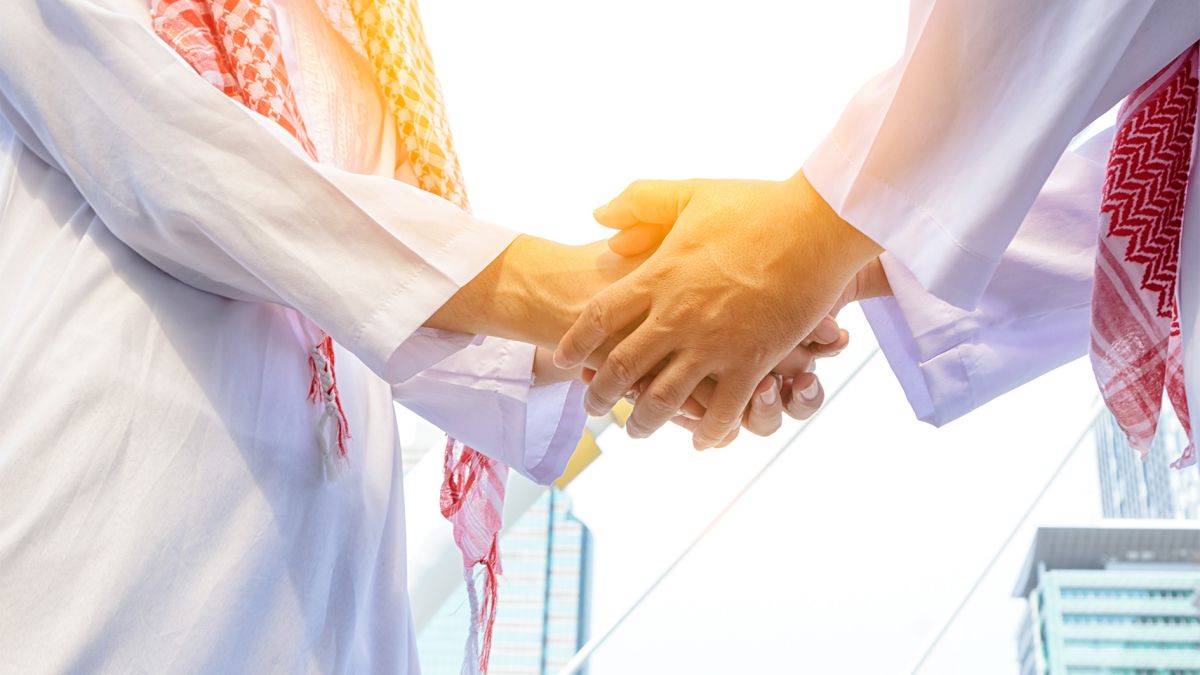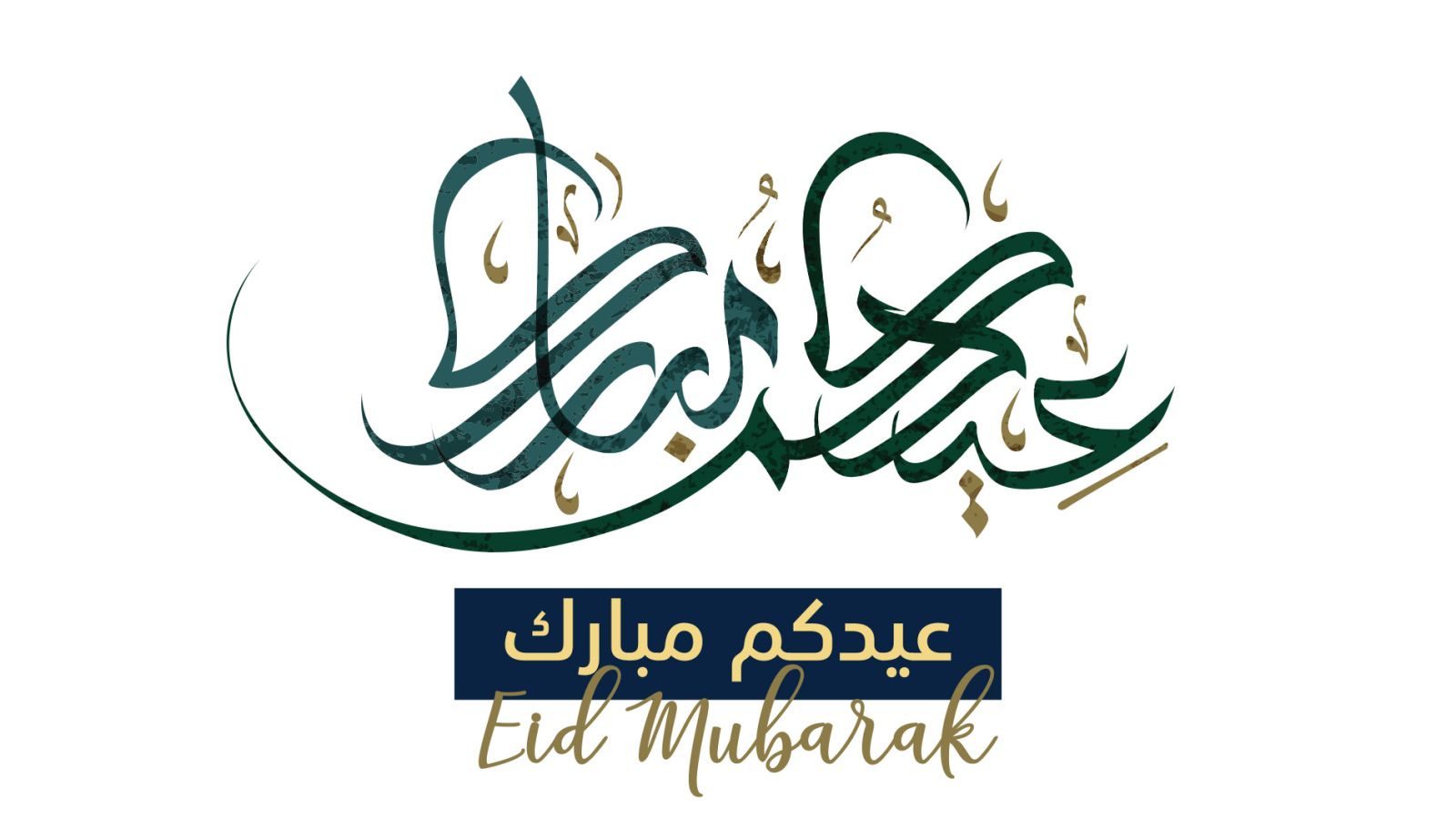True Taqwá Stipulates Good Treatment of the Creation of Allāh While Fulfilling His Rights
Imām Ibn Rajab al-Ḥanbalī


Narrated by Abū Dharr Jundub ibn Junādah (رضي الله عنه) and Abū ʿAbd al-Raḥmān Muʿādh ibn Jabal (رضي الله عنه) that the Messenger of Allāh (صلى الله عليه وسلم) said: “Fear Allāh wherever you may be. Follow every misdeed with a good deed and it will erase it. And treat mankind with an excellent, prosperous mannerism.”[1]
Imām Ibn Rajab (d. 728 AH) comments:
His (صلى الله عليه وسلم) saying: “ Treat mankind with an excellent, prosperous mannerism” is from among the characteristics of those who have taqwá. True taqwá is incomplete in its absence. He specified its mention separately due to the dire need in clarifying it. Truly, most of mankind believe that taqwá is simply fulfilling the rights of Allāh, and not that of His servants. Considering this, he has specifically ordered that one cohabitates with mankind in a goodly, kind and prosperous manner. For he sent him [Muʿādh] to Yemen as a teacher, a jurist, and a judge for its people. The one whose condition is thus is in greater need of treating the people with a respectable, good manner than anyone else to whom the people have less need for, who possess no express purpose in mixing with them. As many of those who pay due care and attention to fulfilling the rights of Allāh, devoting themselves to His love, being humble before Him, and engaging in His obedience are completely mindless regarding the rights of His slaves, or are deficient [in their treatment of them]. Thus, combining between fulfilling the rights of Allāh and that of His servants is a magnanimous, rare matter; only the most complete from among the prophets and the steadfast affirmers of truth exhibit the faculties [required for such a task].
Al-Ḥārith al-Muḥāsibī said: Three things are rare or have become completely absent [in people]:
1. A consistently preserved, good-natured expression displayed on one’s face,
2. Excellent manners coupled with close religious adherence,
3. True brotherhood rooted firmly in trust and goodness.
Some of the pious predecessors used to say: Dāwūd (عليه السلام) used to sit by himself. So Allāh—the Exalted in Might—said: “Why do I see you sitting by yourself?” He replied: “I have abandoned the people for You O Lord of the worlds!” Allāh said: “O Dāwūd! Shall I not show that which will preserve the faces of mankind [in happiness] before you, and through which you will reach My pleasure? Treat them with a mannerism that they accept for themselves [while] preserving the īmān you possess between Myself and you.”
Allāh has included the treating of mankind with an excellent mannerism among the characteristics of taqwá. Moreover, it was the first article mentioned by Him in His saying:
أُعِدَّتْ لِلْمُتَّقِينَ ﴿١٣٣﴾ الَّذِينَ يُنفِقُونَ فِي السَّرَّاءِ وَالضَّرَّاءِ وَالْكَاظِمِينَ الْغَيْظَ وَالْعَافِينَ عَنِ النَّاسِ ۗ وَاللَّهُ يُحِبُّ الْمُحْسِنِينَ ﴿١٣٤﴾
“…prepared for the righteous Who spend [in the cause of Allāh] during ease and hardship and who restrain anger and who pardon the people – and Allāh loves the doers of good.”
[Āli-ʿImrān, 3:133-134]
Narrated by Ibn Abī al-Dunyá with his chain that reached Saʿīd al-Maqburī who said: It has reached us that a man once came to ʿĪsá ibn Maryam (عليه السلام) and said: “O teacher of goodness! How may I attain taqwá of Allāh in a way that befits Him?” He said: “With that which is easy: Love Allāh with all your heart, exert yourself and work diligently to the very best of your ability, and show as much mercy to the children of your nation as you would to yourself.” He replied: “And who are the children of my nation, O teacher of goodness?” He replied: “They are all of the children of Ādam.” [Then he said]: “That which you dislike to come to you, refrain from letting such a thing reach anyone else. And fear Allāh as He should be feared.”
Endnotes:
[1] Ḥasan: Narrated by al-Tirmidhī: 1987 and Aḥmad: 21392. Graded Ḥasan by al-Albānī in ‘Hidāyah al-Ruwá’: 5012.
Source: Jāmiʿ al-ʿUlūm: 538-540
Translated by: Riyāḍ al-Kanadī

















